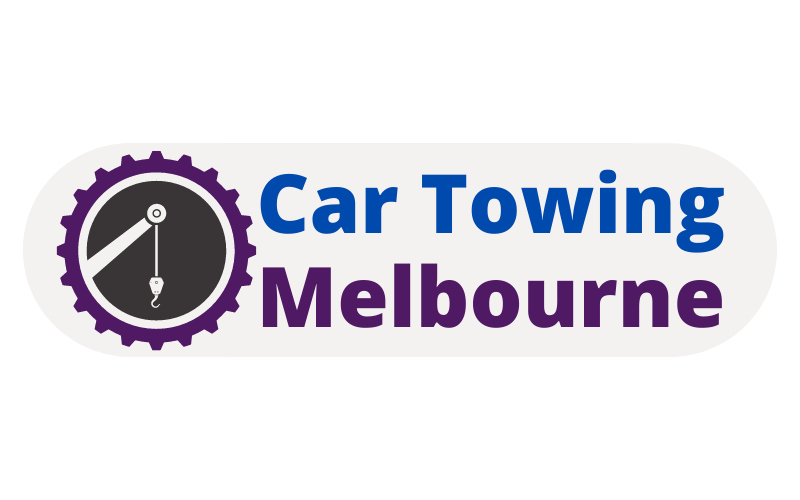Long-distance towing is a service often needed for various reasons, whether it’s relocating to a new city, purchasing a vehicle from another state, or rescuing a car that broke down far from home. But transporting a vehicle over long distances comes with unique considerations compared to local towing. Here’s what you need to know to ensure a smooth experience.
1. Choose the Right Type of Towing Service
For long-distance towing, two primary types of towing services are commonly used: flatbed towing and tow dolly towing.
- Flatbed Towing: This method involves loading the vehicle onto a flatbed truck, ensuring all wheels are off the ground. Flatbed towing is generally considered safer and is suitable for long distances as it minimizes wear and tear on the vehicle.
- Tow Dolly Towing: A tow dolly lifts the front wheels of the car off the ground, leaving the back wheels on the road. While this method is cheaper, it can cause additional wear on the car and may not be suitable for all vehicle types, especially if the car is not designed for towing on its rear wheels.
2. Cost Considerations
The cost of long-distance towing is influenced by several factors:
- Distance: Longer distances generally increase the price due to fuel costs and the time commitment for the towing company.
- Vehicle Size and Weight: Larger and heavier vehicles cost more to tow due to increased fuel consumption and the need for specific equipment.
- Type of Towing: Flatbed towing usually costs more than tow dolly towing but is recommended for long distances due to the reduced risk of damage.
It’s always a good idea to get quotes from several towing companies and compare services to ensure you’re getting a fair rate.
3. Check for Insurance and Coverage
Not all auto insurance policies cover long-distance towing, so it’s crucial to check with your provider. Towing companies may offer additional coverage to protect your vehicle during transport, which can be worthwhile for peace of mind. Verify that the towing company has sufficient liability and cargo insurance, ensuring your vehicle is protected if any damages occur during transit.
4. Prepare Your Vehicle for the Journey
Before the towing process begins, take a few steps to prepare your vehicle:
- Remove Personal Items: Towing companies often recommend that you remove all personal items from your car, as they won’t be liable for any lost or damaged items.
- Check Fluid Levels and Tire Pressure: Even though your car won’t be driven, it’s still a good idea to check for any fluid leaks or issues with tire pressure, especially if the car will be towed on its wheels.
- Document Vehicle Condition: Take photos of your vehicle from multiple angles before it’s loaded onto the truck. This documentation can be crucial in case any damage occurs during towing, as it provides a baseline of the car’s condition.
5. Understand the Timing and Tracking Options
Long-distance towing can take longer than you might expect, especially if the tow truck will be carrying multiple vehicles. Make sure to ask the towing company for an estimated delivery time and any tracking options available. Some companies provide GPS tracking for added convenience, allowing you to monitor your vehicle’s journey.
6. Be Aware of Permits and Regulations
Long-distance towing may require crossing state or regional boundaries, which can bring additional regulations. Many reputable towing companies are aware of these requirements and will handle the necessary paperwork. However, it’s still helpful to confirm this when you book the service, as permits and compliance with regional transport laws are essential for a hassle-free experience.
7. Choose a Reputable Towing Company
Selecting a reputable towing company is key to a successful long-distance tow. Look for companies with experience in long-distance towing, as they are more likely to have the right equipment, trained drivers, and comprehensive insurance policies.
Check Reviews: Online reviews can provide insight into the reliability of the towing service. Pay close attention to feedback on customer service, punctuality, and how well the company handled any issues.
Verify Licensing: Ensure the towing company is properly licensed and certified to handle long-distance tows, as these licenses are often required by state and federal authorities.
8. Review the Contract
Before finalizing your long-distance towing agreement, carefully review the contract. Look for details on the following:
- Cancellation Policy: Some towing companies may charge a fee if you need to cancel or reschedule the tow.
- Hidden Fees: Verify whether the quoted price includes all fees, including fuel charges, tolls, and any overnight storage fees if applicable.
- Payment Terms: Many companies require payment upfront or a deposit. Make sure to clarify when and how payments should be made to avoid any surprises.
Final Thoughts
Long-distance towing is a convenient way to transport your vehicle when driving it yourself isn’t an option. By taking the time to understand your towing options, preparing your vehicle, and choosing a reliable company, you can ensure your car arrives at its destination safely and efficiently.
Now Car Towing Melbourne is available in Cranbourne Victoria 3977, Australia.
Car Towing Melbourne
(03) 7037 7625
www.cartowingmelbourne.com.au
